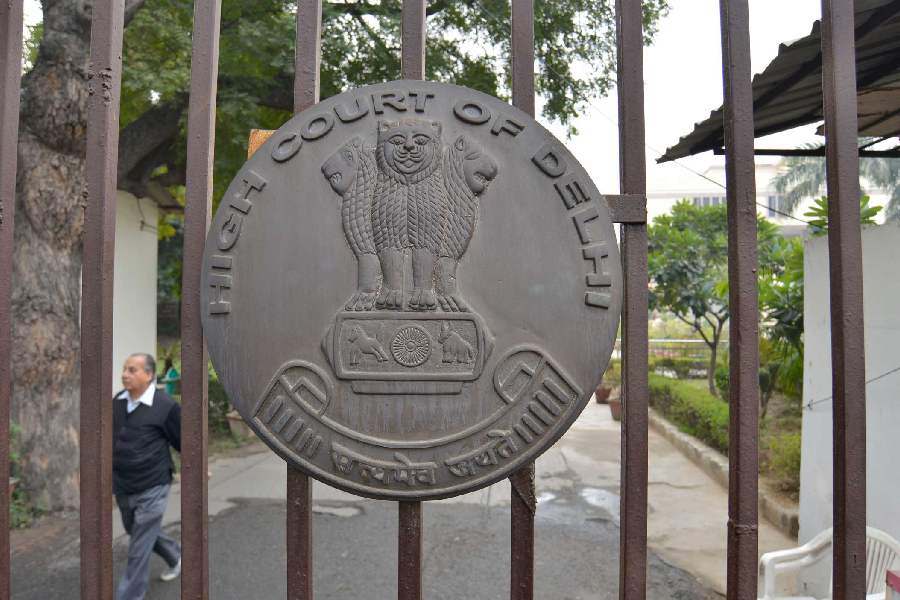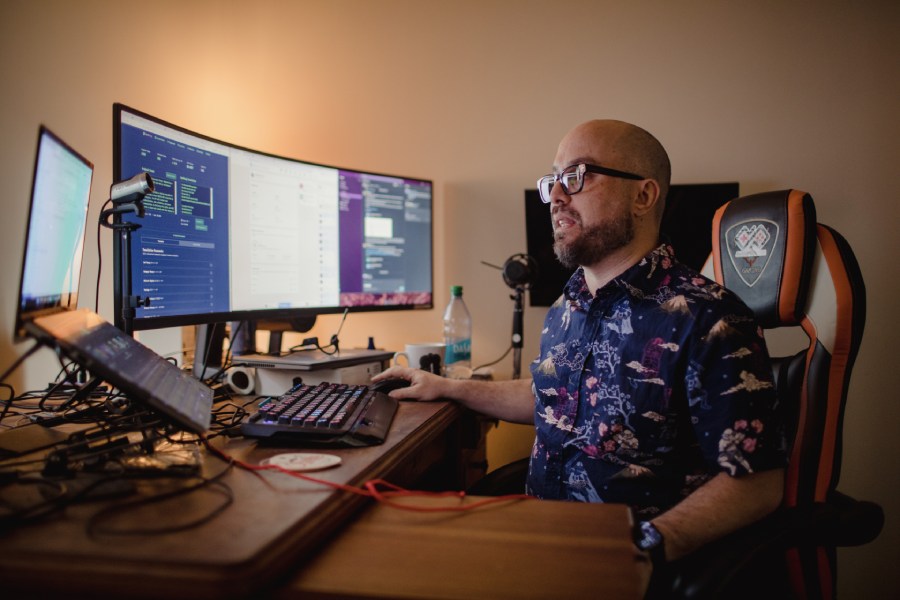The Delhi High Court Thursday granted eight weeks to the Centre as a last opportunity to frame a policy on online sale of medicines, saying the issue has been lingering on for long and the government must expedite the process.
The court said if the policy is not framed within the stipulated time period, the joint secretary concerned dealing with the issue shall be personally present before the court on March 4, 2024, the next date of hearing.
"This court is of the view that as more than five years have lapsed, the Union of India has had sufficient time to frame the policy. In the interest of justice, one last opportunity is granted to the Union of India to form the policy within eight weeks.
"In the event the policy is not framed within the stipulated time period, the joint secretary dealing with the subject shall be personally present on the next date," a bench of Acting Chief Justice Manmohan and Justice Mini Pushkarna said.
The high court had earlier asked the Centre to file a status report on petitions seeking a ban on "illegal" sale of drugs online.
The court was hearing petitions seeking ban on such sale and challenging the draft rules published by the Ministry of Health and Family Welfare to further amend the Drugs and Cosmetics Rules.
Challenging the August 2018 notification, the petitioner body, South Chemists and Distributors Association represented by advocate Amit Gupta, said that the draft rules are being pushed through in "serious violation" of the law, ignoring the health hazards caused due to sale of medicines online without proper regulations.
Petitioner Zaheer Ahmed, represented by advocate Nakul Mohta, sought contempt action against the e-pharmacies for continuing to sell drugs online despite a high court order staying such activity.
Ahmed's counsel informed the court that the petitioner passed away recently.
During the hearing, senior advocate Sudhir Nandrajog, appearing for the petitioner association, submitted that despite the Centre saying that they are taking action, illegal sale of drugs online is continuing.
The counsel representing the Centre said the consultations and deliberations are still going on about a draft notification on online sale of drugs.
The bench said the petitioners have raised a valid point and asked the Centre to expedite the process as the issue is lingering on for so long.
The high court had on December 12, 2018 stayed sale of drugs without licence by online pharmacies while hearing Ahmed's PIL.
The petition also sought contempt action against the central government for allegedly not taking action against the defaulting e-pharmacies.
Some of the e-pharmacies had earlier told the high court that they do not require a licence for online sale of drugs and prescription medicines as they do not sell them and instead they are only delivering the medications akin to food delivery app Swiggy.
Just like Swiggy does not require a restaurant's licence to deliver food, they do not need a licence to deliver medicines to customers who purchase drugs online, the e-pharmacies had told the court.
The submission had come in response to the plea seeking contempt action against e-pharmacies for continuing to sell drugs online despite a high court order staying such activity.
The court had earlier sought responses of the Centre, Delhi government, Central Drugs Standard Control Organisation and the Pharmacy Council of India to the petition.
The petitioner had said "illegal" sale of medicines online will lead to a "drug epidemic", drug abuse and misutilisation of habit forming and addictive drugs.
The PIL said since there was no mechanism to control the sale of medicines online, it puts health and lives of people at a high risk and affects their right to a safe and healthy life under Article 21 of the Constitution.
"Online pharmacies are operating without a drug licence and cannot be regulated in the present regime. Unregulated and unlicensed sale of medicines will increase risk of spurious, misbranded and sub-standard drugs being sold," the plea said.
It claimed the Ministry of Health and Family Welfare, Central Drugs Standard Control Organisation, and an expert committee appointed by the drug consultative committee have already concluded the online sale of medicines is in contravention of the provisions of Drugs and Cosmetics Act, 1940 and other allied laws.
Still lakhs of drugs are being sold on the internet every day, it said, adding some of the drugs/medicines contain narcotic and psychotropic substances, and some can cause antibiotic-resistant bacteria which is a threat not only to the patient but to humanity at large.
"It is a matter of public knowledge that e-commerce websites have been caught on numerous occasions selling fake products. Unlike consumer items, drugs are extremely potent substances and consuming the wrong dose or fake medicine can have fatal consequences on the patient," it had said.
A large number of children use the Internet and they could become victims of wrong medications, it added.
Except for the headline, this story has not been edited by The Telegraph Online staff and has been published from a syndicated feed.











